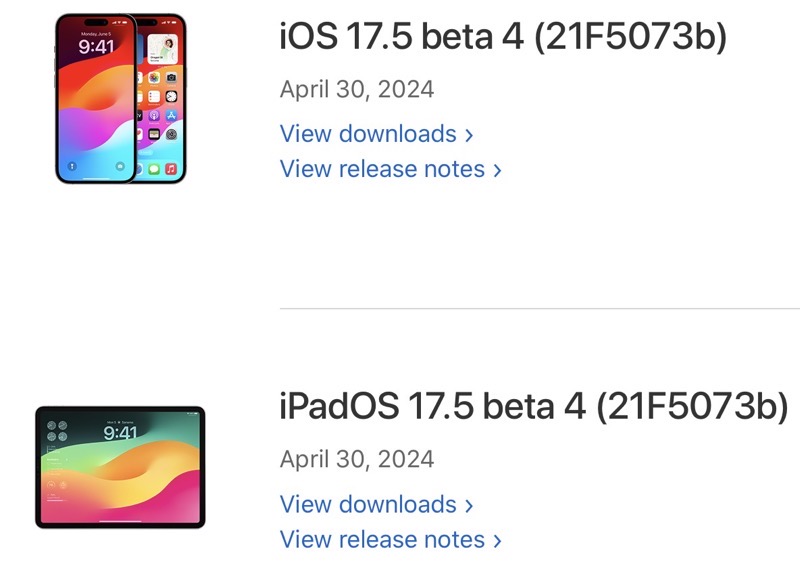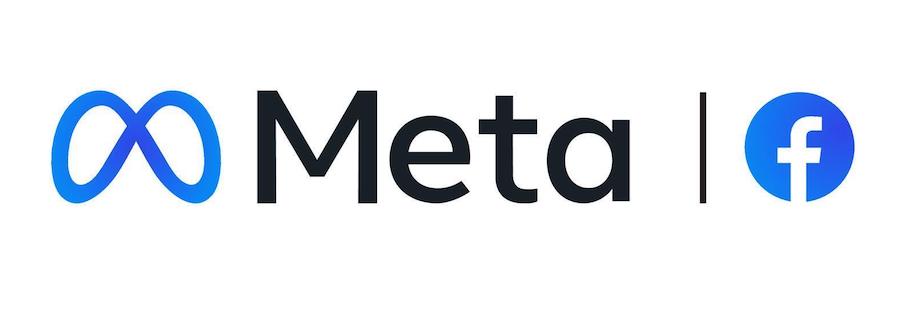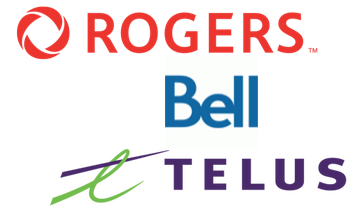
Meta Planning AI System to Rival ChatGPT Parent OpenAI, Says Report
Meta is reportedly developing a new artificial intelligence (AI) system to rival OpenAI’s most advanced model, reports the Wall Street Journal. This development comes in the wake of OpenAI’s success with ChatGPT, backed by Microsoft.
The forthcoming AI model from Meta, set for a potential unveiling next year, is projected to surpass the capabilities of their recent release, Llama 2, by several magnitudes. It’s worth noting that Llama 2 was introduced just two months ago.
Insiders say the AI system in the works aims to assist businesses in generating intricate textual analysis and other sophisticated outputs. This ambitious project was conceived earlier in the year, under the leadership of Meta’s CEO, Mark Zuckerberg, with the specific goal of hastening the progression of generative AI tools capable of human-like expression.
Training for this new large language model is scheduled to commence in early 2024, as confirmed by sources. This model, an integral part of Zuckerberg’s strategy to re-establish Meta’s prominence in the AI sector, follows Meta’s perceived lag behind its competitors. The AI landscape has witnessed heightened competition recently, prompting varied perspectives on matters ranging from the most viable business models to regulatory requirements.
For this venture, the company is reportedly expanding its data center capabilities and procuring advanced Nvidia H100 chips to facilitate AI training. Although Meta had previously partnered with Microsoft for Llama 2, making it accessible via Microsoft’s Azure, insiders suggest that the upcoming model will be trained using Meta’s infrastructure.
Zuckerberg is purportedly advocating for the new model to be open-sourced, in line with Meta’s previous AI models, enabling businesses to freely utilize it for AI-enhanced tools.
Despite these efforts, there’s speculation that Meta’s new model might not bridge the gap with its rivals. The company’s aspirations align with the capabilities of GPT-4, launched by OpenAI in March. GPT-4 plays a foundational role in OpenAI’s commercial endeavours, especially with the introduction of ChatGPT for Business.
The Meta CEO has historically been a proponent of open-source AI models, appreciated for their cost-effectiveness and adaptability. However, this approach isn’t without challenges. Legal experts have voiced concerns, highlighting potential issues like copyright infringements and the misuse of powerful tools in spreading misinformation.
To provide some context on the magnitude of these AI systems, the most potent variant of Meta’s Llama 2 model was developed on 70 billion parameters. In comparison, OpenAI’s GPT-4 is estimated to operate on approximately 1.5 trillion parameters, though some experts believe there might be alternative strategies to attain GPT-4’s prowess without mirroring its vastness.


